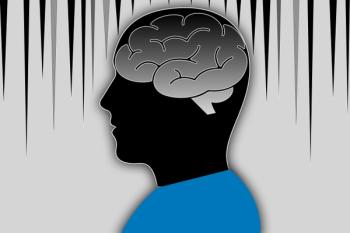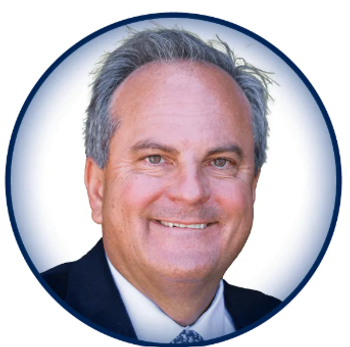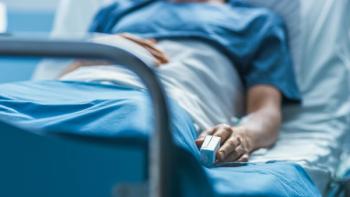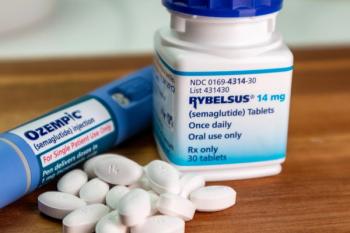
Helen Flanders Dunbar: The Mother of Psychosomatic Medicine
Key Takeaways
- Helen Flanders Dunbar integrated medicine, psychiatry, and Episcopalian-informed pastoral care, training ministers for clinical work alongside Anton Boisen and institutionalizing religion–medicine collaboration.
- Her 1935 compendium, *Emotions and Bodily Changes*, and subsequent journal editorship established a scholarly platform for psychosomatic interrelationships and legitimized holistic clinical thinking.
The rise and fall of a brilliant medical pioneer.
Looking Back to Look Forward
- Series Editor Gregory Eghigian, PhD
THIS DAY IN HISTORY
Helen Flanders Dunbar, MD, PhD, recognized as the originator of psychosomatic medicine, was a clinician, writer, founder of the American Psychosomatic Society, and editor of
Born May 14, 1902, Dunbar came from a
Her Episcopalian faith was a guiding light in her life, and she believed it should inform her medical practice. She worked closely with Anton Boisen, a clergyman inpatient at Westboro Mental Hospital, who was convinced that religion and psychiatry needed to be connected on a professional level. Together they trained ministers to work in medical settings.
In 1929, Dunbar broadened her medical and spiritual horizons by traveling to Europe. She met leading psychiatric figures of the day and visited Lourdes, the world’s most famous healing shrine in France, which had a profound spiritual effect.
She legally changed her name to Flanders Dunbar in 1938.1 It seems astonishing today that an accomplished woman had to change her name in an attempt to overcome the prevailing misogyny.
From 1930 to 1942, Dunbar was the medical director of the Council for Clinical Training of Theological Students and director of the Joint Committee on Religion and Medicine. During this time, she earned the soubriquet of “mother of holistic medicine” with her 1935 publication of
American psychosomatic medicine started in the 1930s. According to this school of thought, illnesses arose from the physiological effects of emotional stimuli. It was thought that certain psychodynamic patterns created typical illnesses, known as organ specificity. Repressed (and forgotten) emotions emerged from the unconscious to target certain organs, producing psychosomatic disorders. Somatic dysfunctions thus arose from the patients’ emotional problems, which led practitioners of psychosomatic medicine to search for psychological profiles characteristic of specific syndromes. This expanded further to the belief that many diseases were psychogenic in origin and stressors, albeit undefined. Dunbar believed that having accidents was similar to the process by which other patients transformed psychological conflicts into somatic symptoms.2 Their personality styles and neuroses translated into
After 1939, Dunbar gave up academic commitments, drank heavily, alienated followers, and left the American Psychosomatic Society. On August 22, 1959, the publication day of her landmark book Psychiatry in the Medical Specialities, she drowned in her
“A magnetic, charismatic woman with a disturbed and beautiful soul and an almost magical gift of insight and intuition,” said her daughter Marcia Dunbar Soule.5
It is difficult to put it any better, only to reflect that the passage of time may vindicate the views Dunbar held.
Dr Kaplan wrote about syphilis in his book The Exceptional Brain and How it Changed the World. He is Clinical Associate Professor at the Graduate School of Medicine, Wollongong University and Research Fellow, History Department, Stellenbosch University, South Africa. He is writing a biography of Helen Flanders Dunbar.
References
1. Ozarin L. A psychiatric pioneer remembered. Psychiatric News. March 3, 2006. Accessed February 16, 2021.
2. Kemp HV. Biography of Helen Flanders Dunbar (1902-1959). American Psychological Association. 2010. Accessed February 16, 2021.
3. Rawson, AJ. Accident proneness. Psychosomatic Medicine. 1944;6:88-94.
4. Powell RC. Emotionally, soulfully, spiritually ‘free to think and act’: the Helen Flanders Dunbar (1902–59) memorial lecture on psychosomatic medicine and pastoral care. Journal of Religion and Health. 2001;40:97-114.
5. Marcia Dunbar-Soule Dobson. Quoted in Stokes GA Dunbar, Helen Flanders. In: Sicherman B, Green CH, eds. Notable American Women: The Modern Period. Harvard University Press; 1980: 210-212.
Newsletter
Receive trusted psychiatric news, expert analysis, and clinical insights — subscribe today to support your practice and your patients.







